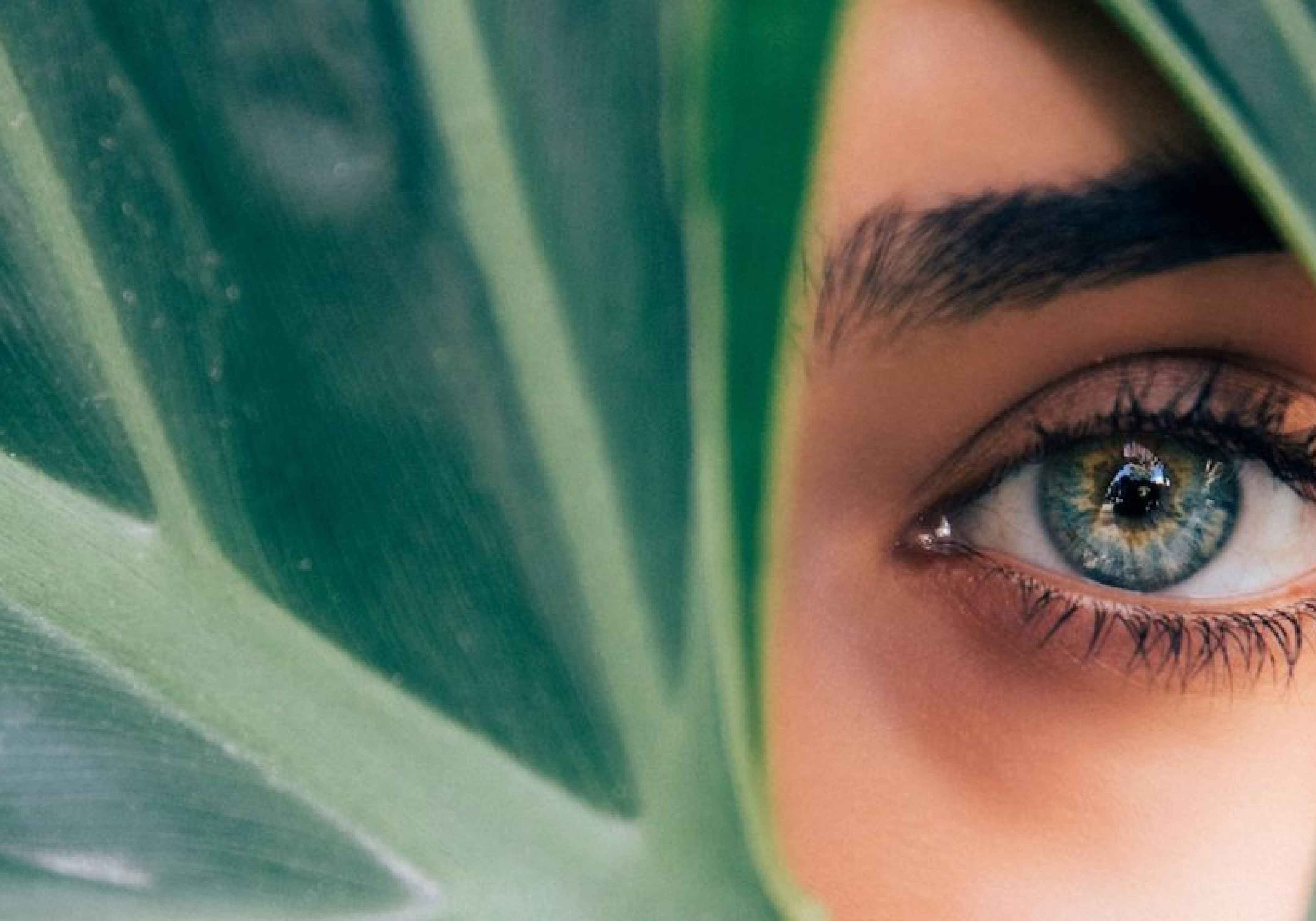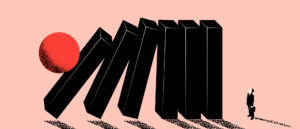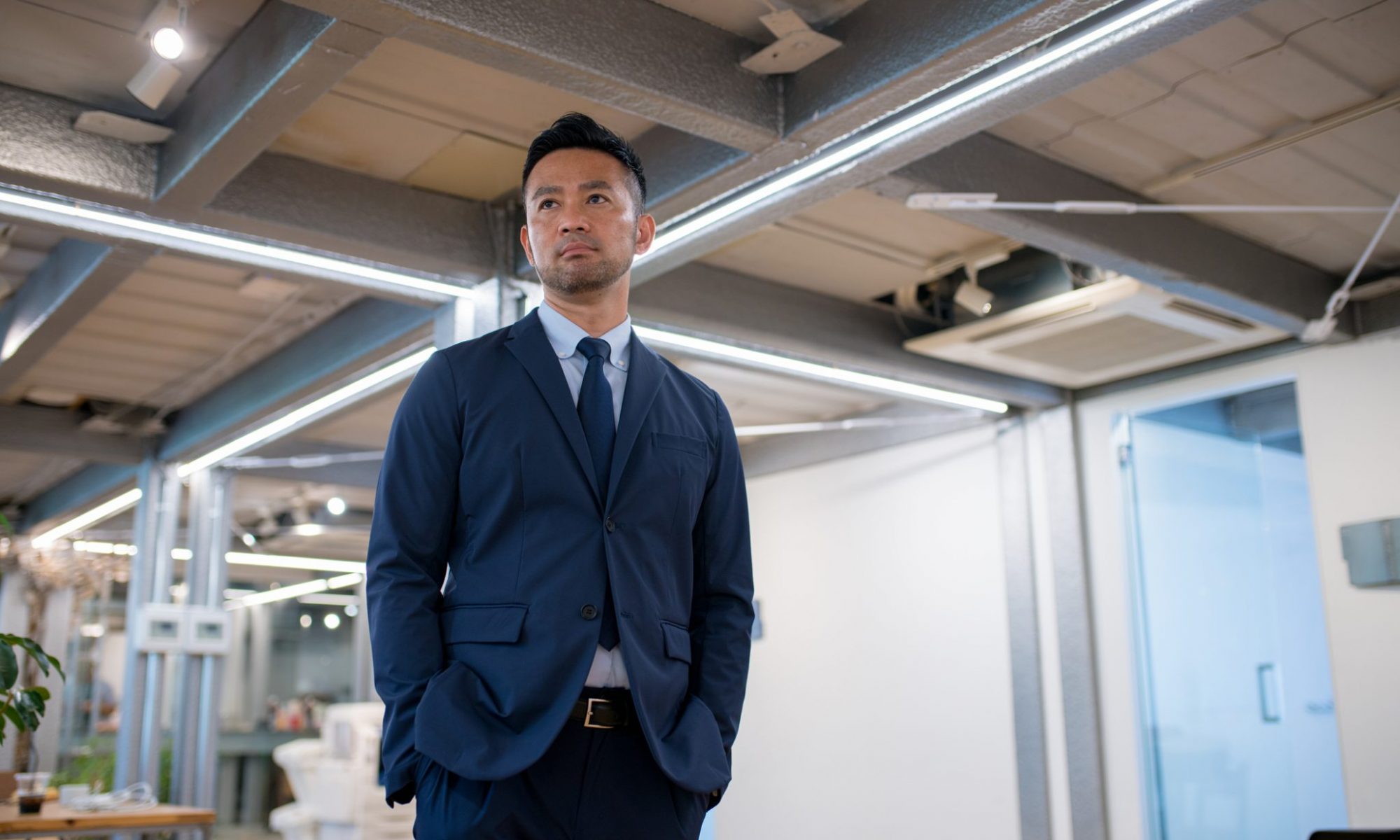Sustainable luxury – paradox or timely industry evolution?


Today, luxury brands are beginning to make CSR and sustainability a core strategic concern. Some argue that these brands are simply using sustainability as a marketing tool to better align their image and credentials with the values and ethics of Millennials and Generation Z. However, others claim that this is a genuine attempt by luxury brands to step up and adapt their policies to become part of the solution rather than the problem.
Are the luxury and sustainability sectors mutually exclusive, or are they converging to create a new sphere of influence? Certainly, luxury and sustainable development may appear incompatible at first glance, even paradoxical, but there are several reasons why this perception can be mistaken.
Why luxury can be sustainable
First, it could be argued that the very heart of luxury’s mission lies in sustainability because it aims to produce goods intended to be preserved, looked after and passed on to future generations. True luxury is designed to last, as demonstrated by one luxury watchmaker’s motto: “You never actually own a Patek Philippe. You merely look after it for the next generation.” The increasing popularity of the second-hand, or ‘pre-loved’, market also means that luxury products can be resold and given a new lease of life.
Second, tradition plays a crucial role in luxury goods. Handcrafted production based on local knowhow and specialised manufacturing techniques lies at the industry’s core. Indeed, unlike other sectors, the luxury goods industry is committed to developing local expertise to preserve its uniqueness. It also has the necessary means to uphold traditional production methods rather than to seek low-cost solutions elsewhere. In this, knowhow and craftsmanship are passed down from generation to generation of master craftsmen/women and artisans and form the beating heart of the intangible heritage inherent in a regions’ culture. Inhouse apprentices are the embodiment of this heritage, as evidenced by some of the big-name luxury brands, such as Chanel, Hermès and Dior.
Finally, luxury has always sought to be ahead of current trends, to innovate and influence consumer behaviour and societal trends, particularly when it comes to fashion. This requires constant innovation. Since sustainable development has become a strategic priority for the luxury industry, luxury houses are making large-scale investments in the development of alternative, eco-responsible materials that encompass the use of new technologies such as AI.
Reshaping image and demonstrating respect
Moves towards becoming more sustainable have included the development of vegan leather options and the creation of semi-precious stones from waste materials. For instance, Gucci’s collections feature vegan leather made from cactus, thanks to a collaboration with a Mexican start-up, while Hermès recently began producing handbags using mushroom fibres. The jewel company Boucheron, meanwhile, now uses a new obsidian-like material made from incinerated and treated industrial waste.
There is therefore evidence that at least part of the luxury sector is seeking to set new ecologically responsible trends, reshape the industry’s image and demonstrate more respect for humankind, the animal kingdom and the planet.
As luxury brands begin to spearhead sustainability goals, such as decarbonisation, they can create a new sphere of influence and play a major role in the much-needed and inevitable ecological transition towards developing a more sustainable world.
Awareness of its responsibility in this regard has led many luxury brands to set up CSR departments, recruit sustainable development directors and actively looking for talent in this field. Business schools, for their part, are beginning to respond to the growing emergence of sustainable luxury by launching specialised training programmes. One such school is Audencia Business School, which will launch an MSc degree in sustainable luxury management in September that will be available at the school’s new campus in the global fashion hub of Paris.
Headline image credit: Drew Dizzy Graham on Unsplash

Michaela Merk (left) is an expert, public speaker and professor at Audencia Business School in the field of luxury
Anne-Sophie Bordry is a consultant on innovations and social impact, as well as deputy mayor of the 15th arrondissement of Paris, France

Read more Business Impact articles related to careers:

Building a career with impact in CSR
Creative and ambitious people that can help businesses shape and deliver their CSR agendas are in demand, says Lakshmi Woodings. Discover what careers in CSR involve and the skills you’ll need to succeed

Digital dash opens door to STEM careers in marketing
From data analysis to chatbots, technology is already playing a big role in marketing and STEM graduates are well-positioned to harness the benefits, says RAPP’s Head of Client Success Imogen Tostevin

Five top skills to ensure you are recession-proof
Whether you’re a business owner, leader or employee, there are things you can do to ensure you’re ready to withstand any economic crisis that comes your way. Find out what with these top tips
Want your business school to feature in
Business Impact?
For questions about editorial opportunities, please contact:
Tim Banerjee Dhoul
Content Editor
Business Impact




